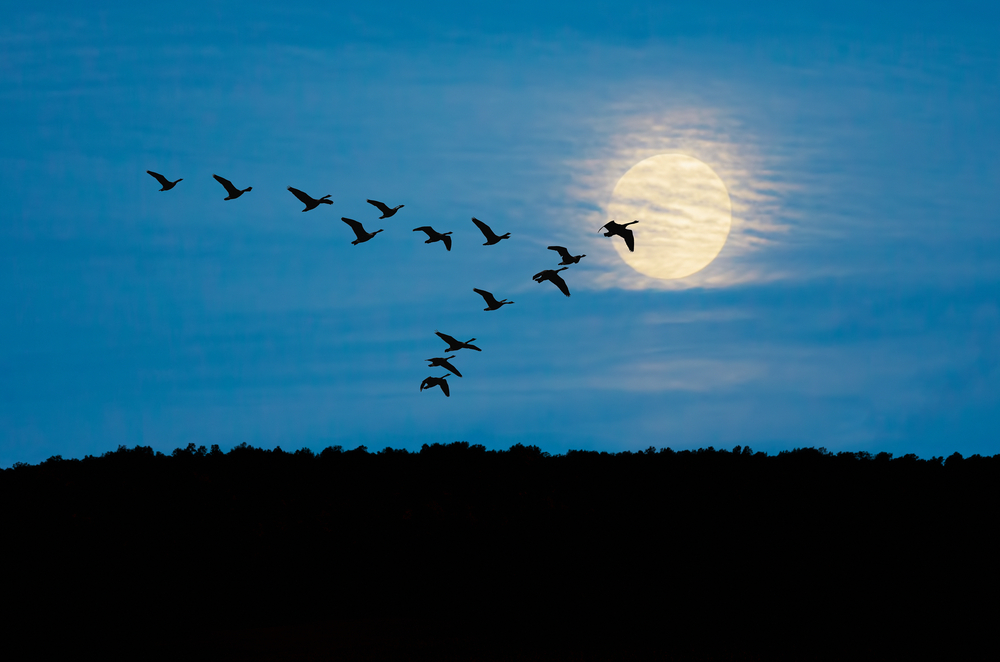The second case of Bird Flu has been confirmed in the UK, after a dead wild duck in Carmarthenshire, Wales tested positive for the disease – just over 110 miles off the Irish coast.
The case was confirmed in a wigeon-type duck, by Welsh Chief Veterinary Officer Christianne Glossop.
This is the same strain of the disease confirmed at a turkey farm in Lincolnshire in England recently where close 5,000 birds had to be destroyed, though there is no suggestion that disease has spread from that farm.
However, the virus poses very little risk to public health, according to Public Health England, while the Food Standards Agency has made it clear that bird flu does not pose a food safety risk for customers.
Meanwhile, the government continues to closely monitor the situation in Europe and has implemented a number of measure to limit the threat of spread to poultry, the Department of Evironment, Food and Rural Affairs has said.
Measures put in place include the declaration of a Prevention Zone on December 6, requiring all birds to be housed or otherwise kept separate from wild birds as well as a ban on certain types of poultry gatherings.
The discovery of the disease was not unexpected, the UK’s Chief Veterinary Officer Nigel Gibbens said.
As this is a wild bird, it highlights the importance for poultry keepers to follow our clear advice on bio-security and to comply fully with the prevention zone and temporary gatherings ban, announced earlier this month.
“It is important to reiterate Public Health England’s advice that the risk to public health is very low and the Food Standards Agency is clear that bird flu does not pose a food safety risk for UK consumers.
“We are working with ornithological groups to further strengthen surveillance and will continue to consider any other proportionate measures available to us to limit the risk of spread to poultry.
“The Prevention Zone requires all keepers of poultry and other captive birds to keep their birds indoors, or take appropriate steps to keep them separate, and protect them, from wild birds,” he said.
Earlier this week, steps were taken to further protect poultry and captive birds by introducing a temporary suspension on gatherings of poultry, he added.
Ireland Needs To Be ‘Proactive’ On Bird Flu
The IFA Poultry Committee Chairman Nigel Renaghan believes that similar measures must be put in place in Ireland to protect poultry flocks from the disease.
He outlined that poultry that are kept outside are the most vulnerable to the disease, such as organic and free range poultry.
Renaghan said that feed cannot be the source of a bird flu infection.
“This is because all poultry feed is heat treated prior to delivery on-farm.
“IFA is advising poultry producers to disinfect all vehicles coming on their farms. Visitor numbers should be kept to an absolute minimum.”
